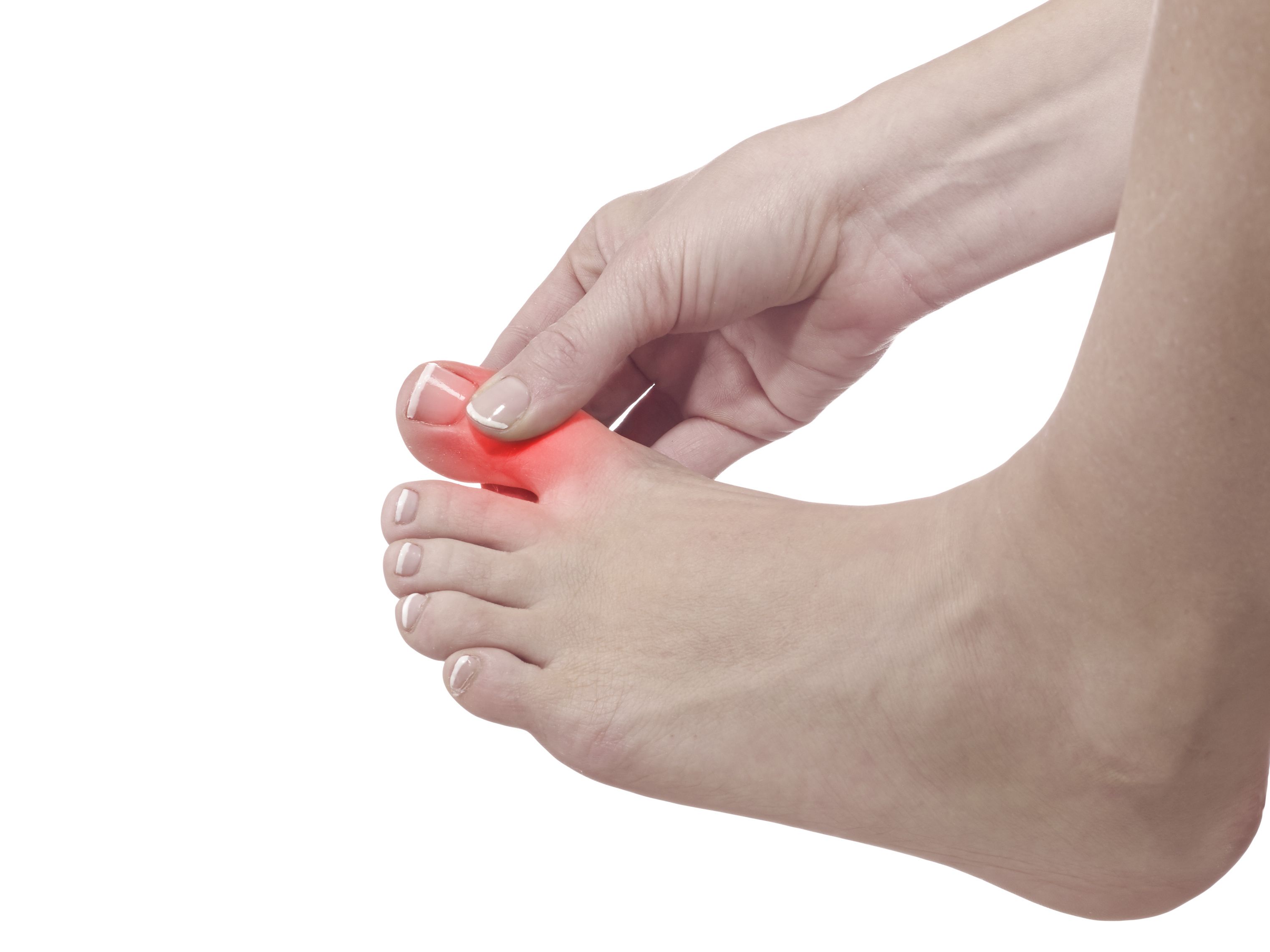Real-World Findings Support Increased Pegloticase and Immunomodulation Co-Therapy Response Rates in Gout
“Importantly, several different immunomodulation agents may be effective for increasing treatment response rates and seem well tolerated by patients with uncontrolled gout."
Although patients with uncontrolled and refractory gout experience heavy disease burden, treatment options are limited. Real-world results emphasize an increase in pegloticase response rates when used in conjunction with immunomodulating therapy, according to a study published in Springer.1

“Patients with gout that does not respond to oral urate-lowering therapies have heavy disease burden and few treatment options,” investigators explained. “Pegloticase lowers serum urate levels (SU) and resolves tophi, but anti-drug antibodies can limit urate-lowering efficacy duration. Evidence increasingly supports co-administering an immunomodulator with pegloticase to increase the proportion of patients with sustained urate-lowering response. However, there are few published cases from real-world clinical practice.”
Patients with uncontrolled gout receiving pegloticase with immunomodulation, receiving their first infusion in 2017 or later, were included in the retrospective study. The proportion of responders, defined as ≥ 12 pegloticase infusions and SU < 6 mg/dl at infusion-12, in addition to patient and treatment characteristics, were evaluated. Patients with < 12 infusions were excluded from the analysis and estimated glomerular filtration rate (eGFR) both before and after therapy was analyzed. The targeted pegloticase administration schedule was 8 mg infusions every 2 weeks, and all patients received pre-infusion prophylaxis. Additionally, all patients were on a standard gout prophylaxis regimen during the pegloticase and immunomodulation combination therapy.
Of the 34 patients with uncontrolled gout (SU = 9.1 ± 2.0 mg/dl, 91% tophaceous), 79% were male, 74% were White, and patients had a mean age of 62.4 years. The most commonly reported comorbidities were hypertension (76%), obesity (71%), osteoarthritis (68%), and chronic kidney disease (CKD) (47%). Pre-treatment eGFR was 65.4 ± 25.2 ml/min/1.73 m2 (41% eGFR < 60 ml/min/1.73 m2). Patients began immunomodulation either before 5.3 weeks (n = 32) or at first pegloticase infusion (n = 2). Immunomodulating drugs included subcutaneous methotrexate (n = 20), oral methotrexate (n = 9), oral mycophenolate mofetil (MMF) (n = 3), and oral azathioprine (AZA) (n = 2). Patients were given an average of 14.6 (± 7.1) infusions over the course of 28.5 (± 14.9) weeks.
Overall response rate was 89% (subcutaneous methotrexate: 93%, oral methotrexate: 89%, oral MMF: 100%, oral AZA: 50%). eGFR increased during the treatment period (+ 10.3 ± 16.9 ml/min/1.73 m2) and CKD stability and improvement was reported in 85% of patients. On average, SU decreased to 1.0 ± 0.6 mg/dl after the first pegloticase infusion.
Over half (56%, n = 19) of patients had at least 1 gout glare (mean 1.8 ± 1.5 flares per patient). No infusion reactions and infections were identified. No new safety concerns were reported and 20 (59%) of patients experienced 1 or more adverse events.
The retrospective nature of the study may have introduced the possibility of errors due to selection bias. However, all patients who initiated pegloticase and immunomodulation co-therapy were included in the study to minimize this influence. Larger RCTs may be useful in further validating both efficacy and safety findings.
“This case series highlights experiences with pegloticase plus immunomodulation co-therapy in a real-world clinical setting, further supporting the use of immunomodulators to increase pegloticase treatment response rates,” investigators concluded. “Importantly, several different immunomodulation agents may be effective for increasing treatment response rates and seem well tolerated by patients with uncontrolled gout. However, further study is needed, particularly with AZA and MMF.”
Reference:
Broadwell A, Albert JA, Padnick-Silver L, LaMoreaux B. Community Practice Experiences with a Variety of Immunomodulatory Agents Co-Administered with Pegloticase for the Treatment of Uncontrolled Gout [published online ahead of print, 2022 Sep 22]. Rheumatol Ther. 2022;10.1007/s40744-022-00492-3. doi:10.1007/s40744-022-00492-3